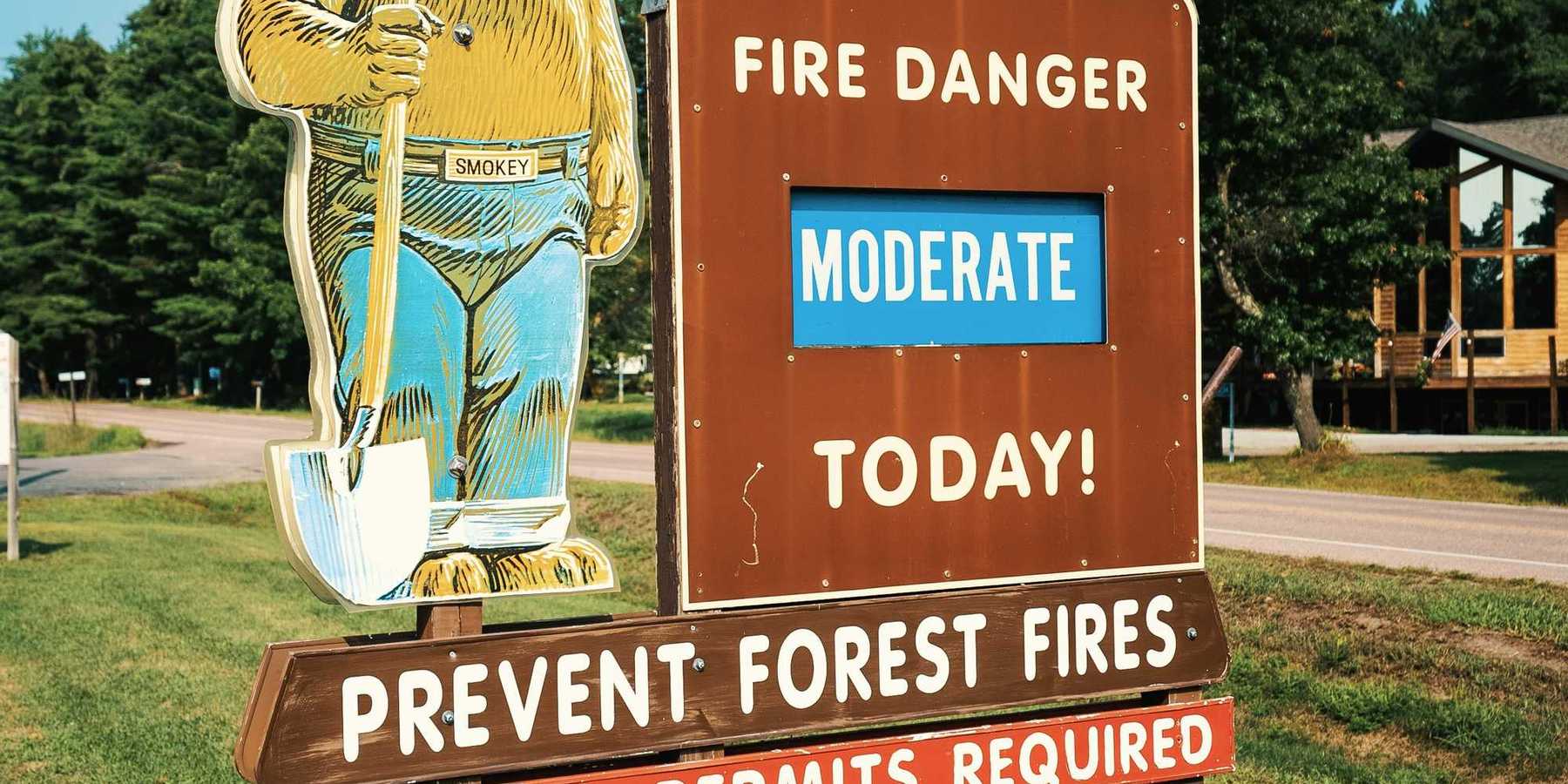23 April 2024
A renewed push for the Recovering America's Wildlife Act faces competition
The outcome of these legislative efforts is crucial for ensuring the protection and recovery of thousands of at-risk species across the U.S.
Erin X. Wong reports for High Country News.
In short:
- The Recovering America's Wildlife Act (RAWA) aims to secure substantial annual funding for U.S. wildlife agencies and tribal nations, promoting extensive conservation efforts.
- A competing bill in the U.S Senate, America's Wildlife Habitat Conservation Act, has different funding strategies and amendments, affecting conservation approaches and federal budgets.
- Both bills highlight the complexity and urgency of funding conservation efforts, with RAWA gaining broad bipartisan support while facing challenges in securing a stable funding source.
Key quote:
"We got to the point where we just got more and more co-sponsors. Everybody came together and said, ‘This looks like a durable solution’."
— Glenn Olson, chair of bird conservation and public policy at the National Audubon Society.
Why this matters:
Legislation to enhance funding for wildlife conservation in the U.S. affects biodiversity and ecosystem stability across the country. Read more: The health of wildlife is inseparable from our own.













